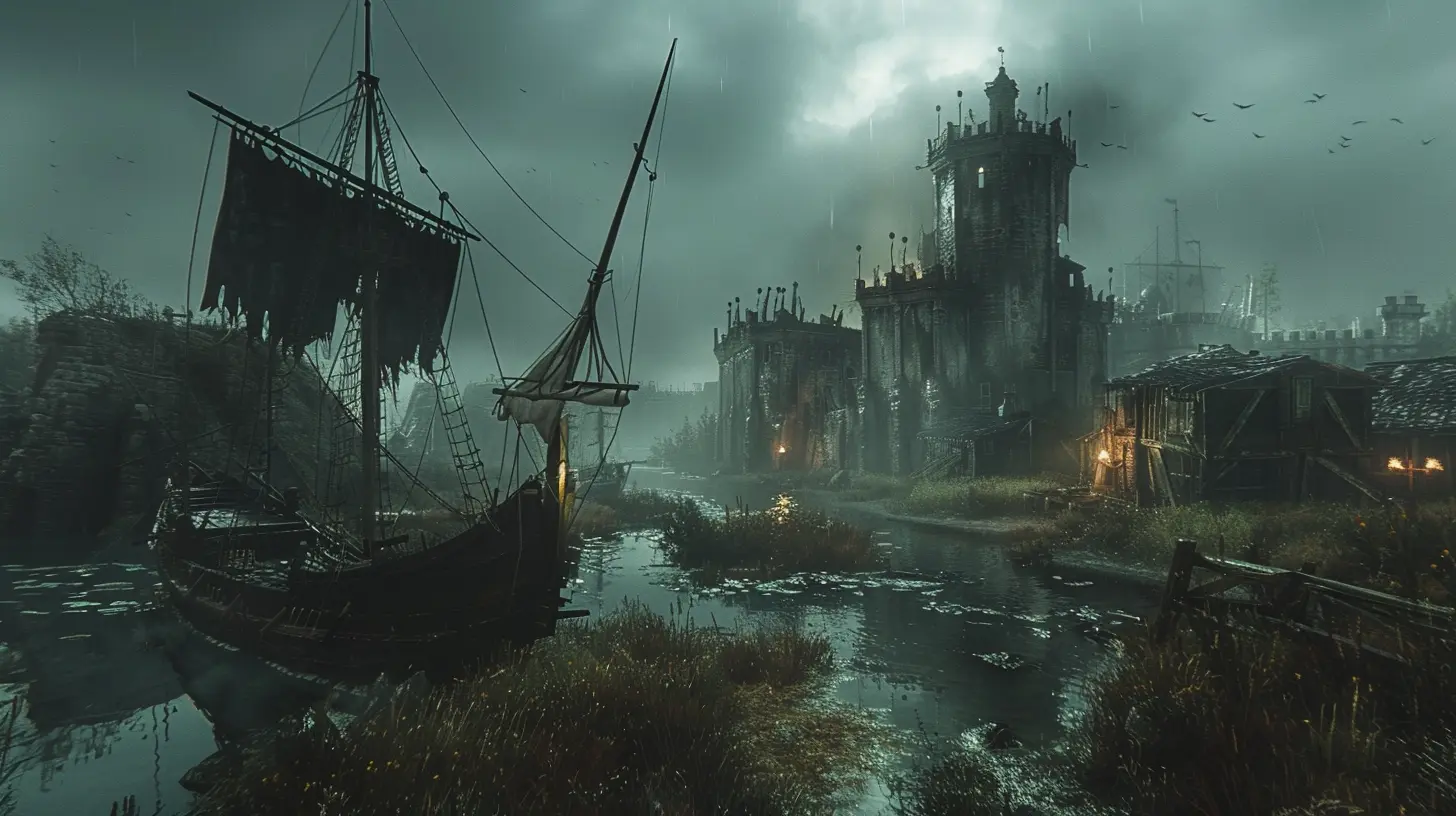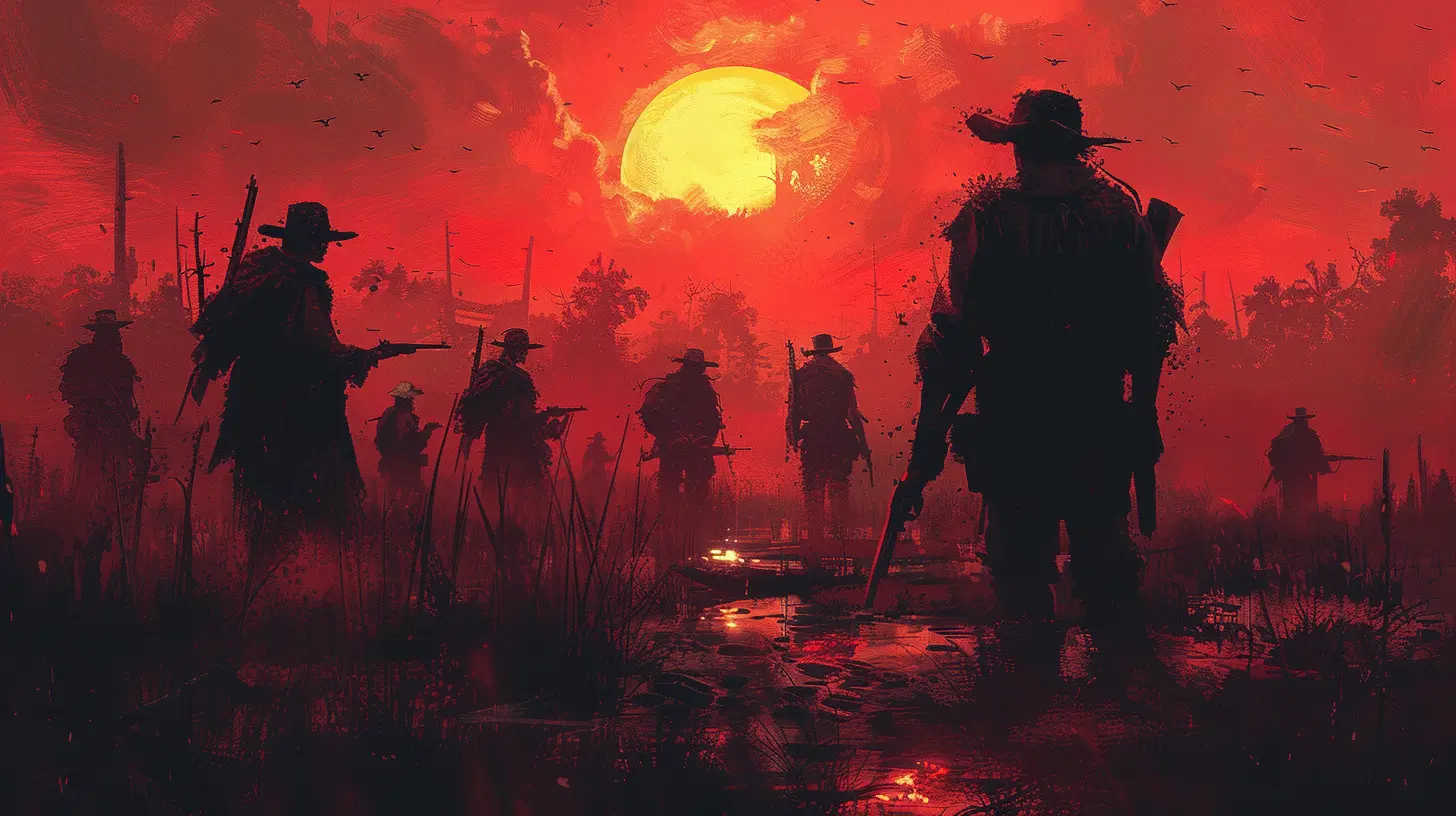Can Early Access Kill the Excitement for Full Game Launches?
21 May 2025
When was the last time you felt true, heart-pounding excitement over a video game launch? You know, that sleepless-night-level hype where you just couldn’t wait to dive in? Now, think about how early access (EA) games have started to shift that gaming experience. Early access has become a buzzword in the industry, but not always in the best way. Sure, it gives you a sneak peek at games before they’re fully polished, but does it also snuff out the magic of an official game launch?
Let’s dig into this topic and figure out whether early access is a blessing, a curse, or a little bit of both.
What Exactly Is Early Access?
Before we dive too deep, let’s clarify what early access actually is. In simple terms, early access is when developers allow players to buy and play a game before it’s fully finished. Think of it as a work-in-progress preview. Developers often use this model to gather feedback, raise funds, or test features with real players.Sounds pretty great, right? You get to be part of the development process, give your input, and play a game before most people even know it exists. But here’s the catch—early access games are usually incomplete. They might have bugs, missing features, or performance issues that can make you want to throw your controller across the room.
This is where things get messy. Early access can be a double-edged sword, and for some gamers, it takes away that thrilling "finished product" moment we all look forward to.
The Thrill of a Full Game Launch
Let’s rewind to a time before early access even existed. Back in the day, game launches were events. Remember lining up at midnight for a new release or refreshing your Steam library the second a game dropped? Those were the moments we lived for as gamers. Launch trailers, collector’s editions, countdowns—it was like a mini holiday for the gaming world.When a game launched back then, it felt like a promise. Developers poured their blood, sweat, and tears into creating a polished experience, and gamers rewarded them with a wave of excitement and purchases.
Now, compare that to the early access model. Instead of a big, dramatic unveil, you get a slow drip. By the time the official launch rolls around, you might already feel like you’ve seen it all. The excitement? It’s kind of... meh.
Why Early Access Feels Like Peeking at Your Gifts Before Christmas
Think about early access like sneaking a peek at your Christmas presents before the big day. Sure, it’s exciting at first, but when the moment comes to actually open them, it’s not the same. You’ve spoiled the surprise. Early access can have that same effect on gamers.Part of the excitement of a game launch is the mystery. What does the final boss look like? How’s the story going to unfold? Will the new mechanics blow your mind? With early access, those questions might already have answers months (or even years) before the game officially comes out. By the time the full launch rolls around, the novelty may have worn off.
The Problem with Playing an Unfinished Game
One of the biggest gripes about early access is that you’re essentially paying to be a beta tester. And not everyone signs up for that. Let’s be honest: unfinished games can be frustrating. Bugs, crashes, half-baked mechanics—they’re all part of the package, and not everyone has the patience to deal with that.Take Cyberpunk 2077, for example. Okay, so it wasn’t an early access game per se, but it launched in such a buggy state that it might as well have been. Gamers were furious because they felt like they paid full price for something that wasn’t ready. Early access games run the same risk. If the unfinished version leaves a bad taste in your mouth, are you really going to come back for the full release?
Burnout Before the Finish Line
Another issue is early access burnout. With some EA games, you can sink hundreds of hours into them before they’re even done. By the time the official launch rolls around, you’re just... over it. You’ve seen everything the game has to offer, played through all the mechanics, and sunk your teeth into the story (if it even has one). At that point, what’s left to be excited about?Imagine if you could watch half a movie before it hit theaters. Would you really line up to see the rest when it’s finally released? Probably not. You’ve already had your fill, and the sense of anticipation is gone.
Not All Doom and Gloom
Now, is early access all bad? Nope, not at all. For indie developers especially, it can be a lifesaver. It’s a way to generate funding, build a community, and polish the game based on player feedback. Some of the best games out there started as early access titles, like Hades or Subnautica. These games thrived because the developers listened to their communities and delivered something truly amazing.But here’s the thing: those are success stories. For every Hades, there’s a dozen other early access games that never make it across the finish line. Whether it’s due to a lack of funding, poor planning, or simply losing steam, a lot of EA games fizzle out before they ever fully launch. And that can leave gamers feeling burned.
The Community Aspect: Double-Edged Sword
One of early access’s biggest selling points is that it lets you be part of a game’s development. You can give feedback, share ideas, and watch the game evolve in real time. For many gamers, that’s a dream come true. You’re not just a player; you’re part of the process.But there’s a flip side to this. When a developer doesn’t listen to their community or can’t meet expectations, it can lead to outrage. Gamers feel betrayed, and the game’s reputation takes a hit. Plus, the sense of ownership some players feel during early access can sometimes lead to entitled behavior, where they expect the game to cater to their specific wants.
The Marketing Dilemma: Hype vs. Reality
Early access creates a strange marketing conundrum. On one hand, developers want to build hype for their game. On the other, they’re releasing an unfinished product that might turn people off. It’s like trying to sell a house while you’re still hanging drywall—some people might see the potential, but others are just going to see the mess.And let’s not forget about the sheer amount of competition. The gaming industry is saturated with early access titles, which makes it hard for any one game to stand out. By the time a game actually gets its official launch, the buzz might have completely died down.
So, Can Early Access Kill the Excitement?
The short answer? It depends. For some gamers, early access is a fantastic way to support developers and get an early look at something new. For others, it strips away the magic of a full game launch and leaves them feeling more disappointed than thrilled.At the end of the day, it all comes down to expectations. If you go into early access knowing what you’re signing up for—a work in progress with potential—chances are you’ll have a good time. But if you’re hoping for a polished experience or that same level of excitement as a full launch, you might be setting yourself up for disappointment.
Final Thoughts: Finding the Balance
So, what’s the solution? Maybe it’s about finding a balance. Developers could focus more on clear communication, setting realistic expectations, and making sure the final launch feels like an event, even for early access players. For gamers, it’s about understanding what early access really is and deciding whether it’s worth the trade-off.At the end of the day, early access can be both a curse and a blessing. It’s not inherently bad, but the way it’s handled can make or break the experience—for both gamers and developers.
all images in this post were generated using AI tools
Category:
Early Access GamesAuthor:

Francesca West
Discussion
rate this article
4 comments
Vaughn McElveen
Early Access blurs the line between anticipation and familiarity, transforming the thrill of discovery into a prolonged engagement that can diminish launch day excitement.
May 27, 2025 at 3:17 PM

Francesca West
I appreciate your insights! Early Access certainly shifts the experience, as ongoing engagement can alter the initial thrill of a game's full release. It presents both opportunities and challenges for developers and players alike.
Elise Navarro
Early Access can indeed diminish the anticipation for full game launches. While it offers players a sneak peek, it risks overshadowing the final product's excitement. A well-timed, polished release still holds the power to captivate and engage audiences.
May 23, 2025 at 3:08 AM

Francesca West
Thank you for your insight! It's true that Early Access can alter anticipation levels, but it also allows for valuable player feedback that can enhance the final product. Striking the right balance is key!
Oren Monroe
Early Access can spark anticipation and community engagement, turning players into co-creators. Embrace the journey and remember—every game launch is a celebration of creativity and passion, igniting excitement for what’s to come!
May 22, 2025 at 3:20 PM

Francesca West
Absolutely! Early Access fosters community involvement and builds excitement, making the eventual launch feel like a true celebration of creativity.
Diana Duke
Embrace early access as a chance to shape games—your excitement fuels their evolution!
May 22, 2025 at 3:13 AM

Francesca West
Absolutely! Early access allows players to influence development and fosters community engagement, enriching the final product.



